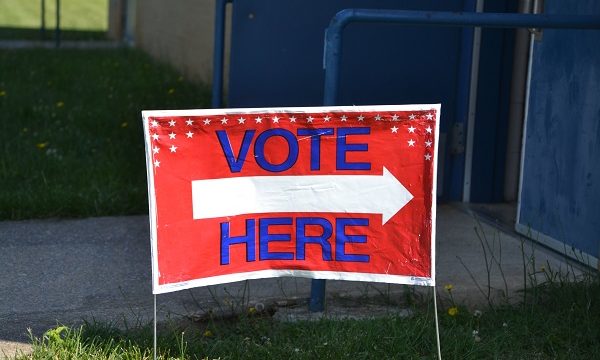Chris Arps, The Tim Jones and Chris Arps Show
Six Fundamental Problems With Allowing Non-Citizens To Vote:
1. Lack of Legal Standing: Non-citizens are not entitled to the same rights and privileges as citizens. Voting is a fundamental right that is granted only to citizens who have met certain legal requirements, such as residency and age. Allowing non-citizens to vote would undermine the integrity of the electoral process and violate the principle of equal treatment under the law.
2. Dilution of the Citizen Vote: Allowing non-citizens to vote would dilute the power of the citizen vote. Citizenship is a privilege that comes with responsibilities and obligations, such as paying taxes and serving on juries. Citizens who have fulfilled these duties should have a greater say in the direction of their community and country than those who have not.
3. Immigration Status: Non-citizens have not undergone the same rigorous vetting process as citizens. Allowing them to vote would create a situation where individuals who have not been fully vetted would be able to influence the political process. This could be particularly problematic if the non-citizens have illegal or questionable immigration status.
4. Protection of National Interests: Elections at all levels of government have significant impacts on national interests, including foreign policy, national security, and economic stability. Allowing non-citizens to vote would be an affront to the interests of the country and could potentially put the security and safety of citizens at risk.
5. Complexity and Confusion: Allowing non-citizens to vote would add a level of complexity and confusion to the electoral process. It would require new systems and procedures to be put in place to verify the eligibility of non-citizens, which could lead to errors and confusion at polling places. This could ultimately undermine the integrity and accuracy of the electoral process.
6. Unfair Advantage: Allowing non-citizens to vote could give certain candidates and political parties an unfair advantage. If non-citizens are concentrated in certain areas, this could create a voting block that could sway elections in favor of certain candidates or parties, even if they do not reflect the views of the citizen population.
Americans For Citizen Voting – ACV
More Posts for Show: The Tim Jones and Chris Arps Show






